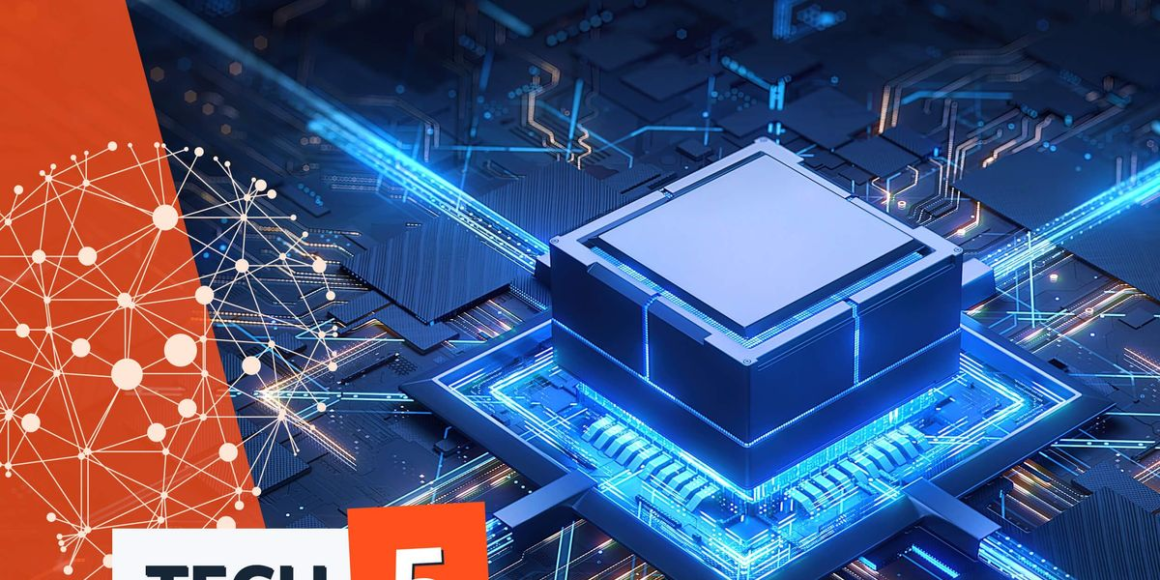The stock market recovered this week as inflation data bolstered interest rate cut expectations in the US.
The same couldn’t be said for cryptocurrencies, with Bitcoin and Ether struggling to break past resistance levels.
Stay informed on the latest developments in the tech world with the Investing News Network’s round-up.
The markets opened with muted trading activity this week as investors awaited for key inflation data.
With a rate cut all but guaranteed for September, all major sectors moved higher on Thursday (August 15), with tech and resources stocks leading the TSX to its sixth daily win, its longest streak in 13 months.
All major indexes ended the week higher, with the Nasdaq Composite finishing at 17,631.72, the S&P 500 at 5, 554.25 and the Nasdaq 100 at 19,508.52. The Russell 2000 had the biggest increase, rising by 0.3 percent to end at 2,141.92.
Bitcoin’s value has fluctuated this week. After climbing late last week, the cryptocurrency’s price dropped by almost 5 percent on Sunday (August 11) to around US$58,500 by the end of the night.
After Tuesday’s PPI report, Bitcoin briefly topped US$61,000, and stayed close to that mark through early Wednesday. However, gains were quickly reversed after Wednesday’s CPI report release. Bitcoin dipped below the US$58,000 mark again late Thursday afternoon, dragging major cryptocurrencies down alongside it.
Ether also hasn’t fully recovered from the crypto selloff on August 5, down 14 percent in as many days. Ether spent the week bouncing between US$2,600 and US$2,800.
Historically, low gas fees often indicate that Ethereum’s price will bottom in the medium term, Lee said, and the cryptocurrency’s value tends to bounce back strongly after this cycle. When combined with a cycle of rate cuts, “the market’s wealth effect is full of possibilities,” he explained.
The G4 chip is expected to improve app coordination and productivity and offer users a more seamless experience. The devices will also come with Gemini Live, Google’s conversational AI agent, described as an assistant users can hold long, free-flowing conversations with to help them brainstorm, think creatively and work through complex problems.
In his December verdict, Judge Donato ultimately sided with Epic Games, which accused Google of anti-competitive practices related to the Google Play Store. A final ruling will be issued in the coming weeks.
Google shares rebounded on Friday morning, gaining 1.93 percent in the first hour of trading.
The new GPUs were originally anticipated in Q4 of this year.
The timing of the company’s announcement couldn’t have been more inopportune, colliding with the tumultuous Asian market events on August 5 that triggered panic selling in large-cap technology stocks.
NVIDIA saw its share price reduced by over 15 percent from its Friday close to its lowest point Monday. At the time of this writing, the company’s share price was below its value from a month ago.
Introduced on February 7 by Senator Scott Wiener (D-CA), the original draft of the bill called for tech companies to test their technologies before releasing them to the public, and would have allowed California’s attorney general to sue for negligent safety practices before a catastrophic event occurred.
Under the new proposal, California’s attorney general can seek injunctive relief and sue in the case that a model causes a catastrophic event. The amendments would also remove criminal liability for AI labs, ease safety requirements for AI models and exempt models under US$10 million from developer responsibility.
Additionally, the amendments removed a proposed Frontier Model Division, a state agency that would be established to oversee compliance, issue guidance and advise state officials on certain aspects of AI. Instead, those matters would be assigned to a Board of Frontier Models, which was expanded from five members to nine.
In their view, the bill “would not be good for our state, for the start-up community, for scientific development, or even for protection against possible harm associated with AI development.”
SB 1047 will now go to California’s Assembly floor for a final vote. If it passes there, it will need to be voted on again in California’s Senate before it can be signed into law.
Securities Disclosure: I, Meagen Seatter, hold no direct investment interest in any company mentioned in this article.


Leave a Reply